Why D.C. Is the New Hub for U.S. Ivory Sales
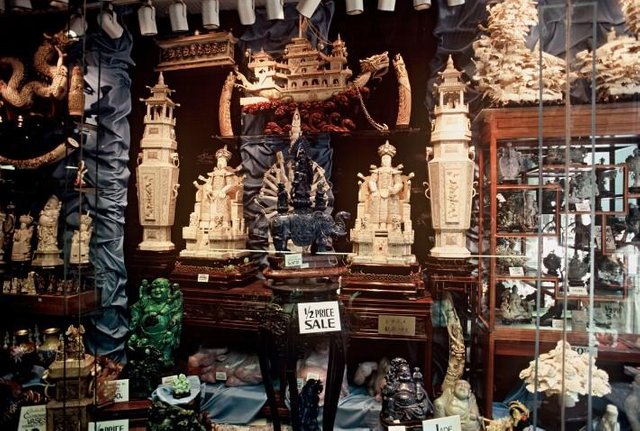
Has the nation’s capital become the new center of the U.S. ivory trade? Investigators counted almost three times as many ivory items for sale in the Washington, D.C., area in 2016 than ten years earlier, even as the amount of ivory for sale in other parts of the country has been decreasing.
From antique shops to flea markets, galleries, and even a tobacco shop, some 658 pieces of ivory for sale were identified in the Washington, D.C., metropolitan area by investigators with TRAFFIC, the wildlife monitoring organization. A new report from TRAFFIC, with support from the World Wildlife Fund and the International Fund for Animal Welfare (IFAW), a conservation-focused nonprofit, details the amounts and types of ivory for sale in six major U.S. cities and several online marketplaces.
“We were surprised to see greater D.C. top the list of elephant ivory in retail,” says TRAFFIC’s Rachel Kramer, one of the report’s authors. Los Angeles, New York City, and San Francisco have long been the main ivory hubs in the U.S. The surveys conducted for this report, she says, suggest sales have shifted, most likely because California and New York have imposed restrictions on the ivory trade far stronger than regulations in many other states. Some sellers said as much to investigators, Kramer says.
Full story at http://bit.ly/2hgALLI
Source: National Geographic
Want to Protect Other Xandas and Cecils? Don’t Strip Endangered Species of Protections!
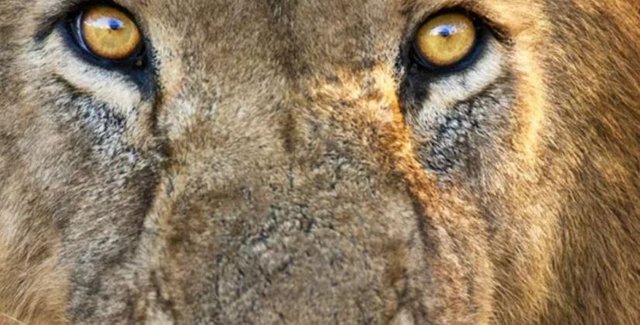
Tragic news struck the world recently when the oldest son of Cecil the lion, Xanda, was killed by a trophy hunter, like his father before him. The beyond-words-disgusting “sport” of trophy hunting has shown little signs of stopping in the last two years since the world heard Cecil’s tragic story. That means it’s up to us to continue to act and one petition is trying to organize said action, with a call to support Endangered Species Act (ESA), which is currently under attack by the U.S. government.
The petition on Care2 reads: “The ESA has successfully saved more than 99 percent of listed species from extinction. But right now, Congress is trying to tear down the ESA brick by brick using a number of bills they are trying to pass off as ‘reforms.’ In particular, the fraudulently named ‘Saving America’s Endangered Species Act’ would irreparably damage conservation efforts by stripping ESA protections for foreign species, like lions, rhinos, cheetahs, giant pandas, and hundreds more, including some being considered for protections right now like giraffes and pangolins.”
The most striking thing about this legislation is that it’s so boldly disingenuous that it boggles the mind. It claims to want to help support animal conservation when it is little more than a free pass for trophy hunters.
The petition reminds us: “90 percent of Americans support the ESA. It is the United States’ most effective wildlife protection law; we need to strengthen it, not tear it apart. Our legislators work for us – they must do their jobs and protect the ESA and save endangered wildlife.”
Full story at http://bit.ly/2hhdclX
Source: http://onegreenplanet.org
White rhinos: Scientists reveal last-ditch attempt to save endangered species with world-first IVF treatment
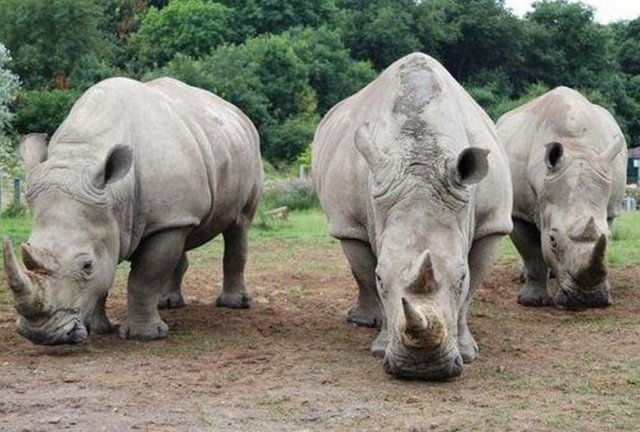
Scientists are hoping to save the critically endangered northern white rhino subspecies by attempting a pioneering IVF treatment.
The breed is the world’s rarest rhino, with only three individuals left – an elderly male and two females. The male, named Sudan, is 43 years old. The average lifespan of rhinos is between 40-50 years.
The females, a mother and daughter, have medical conditions that prevent them from conceiving naturally.
All three animals are protected under armed guard at the Ol Pejeta Conservancy in Kenya.
Full story at http://ind.pn/2hgTVBe
Source: Independent
This African park has a high-tech plan to combat poachers
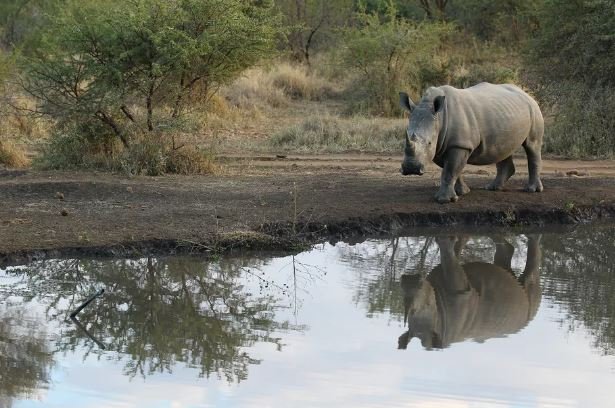
Security has long been a major concern at wildlife reserves in Africa, where rhino and elephant populations have been decimated by poachers in recent years. But a park in Rwanda is betting on a new networking technology to change that.
This week, Rwanda’s Akagera National Park launched a new system that allows park rangers to monitor animals, visitors, and equipment in real-time. Developed by the Dutch conservation organizations ShadowView and Internet of Life, the so-called “smart park” system is based on a Long Range Wide-Area Network (LoRaWAN) — a low-bandwidth, low-power networking technology that can blanket large areas at relatively low costs.
LoRaWAN technology has already been used to develop internet of things (IoT) networks in Amsterdam and other “smart cities;” the groups behind the smart park think it could help keep poachers off protected lands, as well. Unlike easily interceptable radio frequencies, commonly used to track animals in other parks, the smart park’s signals are sent on a closed network across multiple frequencies, making the network more difficult to access. And LoraWAN systems are far less expensive than satellite-based tracking, offering an extra advantage to cash-strapped parks. As the system evolves, it could also provide a valuable source of real-time data to help managers and rangers respond to incidents across the 433-square-mile park, where 3G and 4G connections are unreliable.
Full story at http://bit.ly/2hgU6fS
Source: The Verge
A day in the life of an anti-poaching ranger – in pictures

Big Life Foundation was set up to address the escalation of poaching in east Africa. Their rangers put their lives on the line daily to protect animals that face danger from poachers and angry farmers. Here’s how their days unfold
Full story at http://bit.ly/2hhAY14
Source: The Guardian
Poaching pushes pangolin closer to extinction
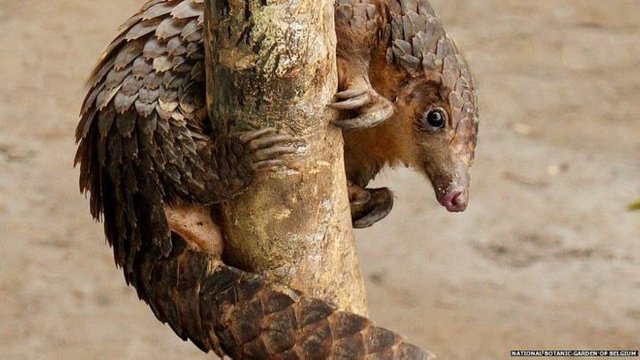
Millions of pangolins are being hunted and killed in Africa, raising fears that they are being pushed to extinction.
The pangolin is the world's most trafficked and poached mammal, because of the demand for its meat and scales.
Conservationists say an international trade ban announced last year must be strictly enforced.
There are concerns that traders are illegally supplying African pangolins to Asian markets.
Full story at http://bbc.in/2hgQbQk
Source: BBC News
Prepared by @SydesJokes